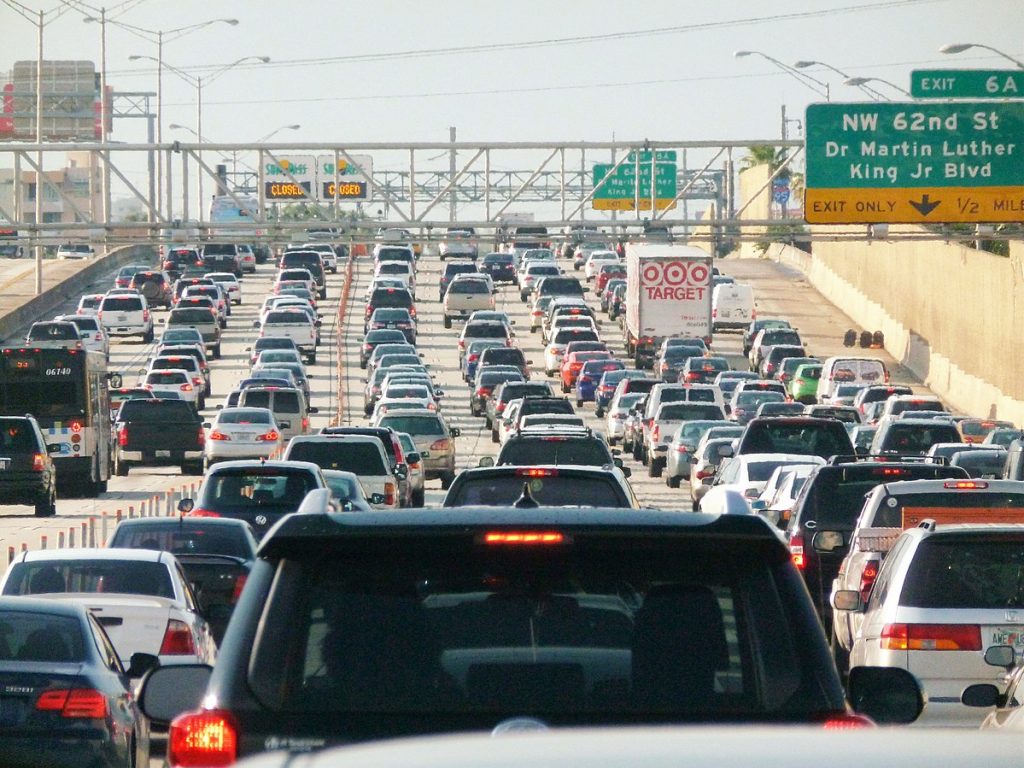An academic book on fossil fuel consumption reaches a startling conclusion: only a climate revolution can force governments to act to stop the planet overheating.
Paul Brown, a founding editor of Climate News Network and journalist
Cross-posted from Climate News Network

Governments have completely failed to make progress in tackling the planetary emergency, and a climate revolution is the sole hope that they will do so.
This sounds like a sound bite from Greta Thunberg, the 16-year-old Swedish climate activist who is inspiring schoolchildren worldwide to go on strike, or a slogan from Extinction Rebellion, which has been disrupting city life in the UK and elsewhere to secure an urgent government response to the climate emergency.
Both campaigns might agree with the statement, but it is in fact from a scholarly book, Burning Up, A Global History of Fossil Fuel Consumption, a detailed study into the burning of fossil fuels since 1950. It looks at fuel consumption in individual countries but also at the political forces that have driven and still drive the ever-growing inferno of fossil fuels, coal, oil and gas, across the world.
The book illustrates the reasons behind the rather frightening fact that since the Rio Earth Summit in 1992, despite many promises and warnings, governments have failed to take decisive action on climate change and in fact have made it decidedly worse by continuing to subsidise fossil fuels more than renewables.
Simon Pirani, a senior research fellow at the UK’s Oxford Institute for Energy Studies, takes the reader through an exhaustive examination of fossil fuel consumption and the driving forces behind it. One point he makes is that governments, particularly in the US, have contrived to kill off the use of buses and trains and instead promoted private cars.
And even if people wanted a choice, they don’t have the chance to make one, so we have to contribute to the increased use of fossil fuels if we want to lead a normal life. Producing many consumer goods and nearly all food depends on fossil fuels. Agriculture depends on oil-based fertiliser; and buying cars, washing machines and fridges leaves customers willy-nilly indirectly consuming fossil fuels.
Pirani is also scathing about the rich world’s reaction to the sort of crisis that is here already and will become more commonplace in a warming world. He gives the example of Hurricane Katrina in New Orleans in 2005, when there was indifference from the government to the poor and disadvantaged who were most affected – an attitude mirrored across the world in subsequent disasters, especially in developing countries.
Climate change is already affecting swathes of Africa, causing crop failures and famine – again largely ignored by the rich world, which he identifies as the main cause of climate change, continues to cause it, but refuses to take responsibility for its consequences.
His third example is our attitude to refugees. He admits that most of the migrants converging now on Europe and the US are on the move because of wars or political oppression, but says that when millions are forced to migrate by climate change the pattern has already been set.
The attitude of governments in the rich world, increasingly in the EU but already in the US, is to build walls to keep them out rather than tackle the problem at source.
Altogether it is a fascinating and disturbing analysis of how the influence of the fossil fuel industry and its short-term financial advantage has come to outweigh the scientific evidence and the welfare of humanity in the minds of politicians. It certainly demonstrates why there is little hope of world leaders taking the action required to keep the world temperature from increasing more than 2°C, let alone 1.5°C.
However, Dr Pirani claims that ordinary people can have an impact on governments. He points to the example of China where the government, fearful of the reaction of its people to the effects of air pollution on its children’s health, has taken decisive action to reduce the damage. India is currently going through the same process.
His book was written and with the publisher before the rise of Extinction Rebellion and the school strikes, but perhaps that is exactly the sort of citizen action he would advocate.
His conclusion is that unless ordinary people reject the continued dominance of the fossil fuel industry and force governments to act by continued acts of civil disobedience. there is no hope of keeping the world temperature below a dangerous level.


Be the first to comment